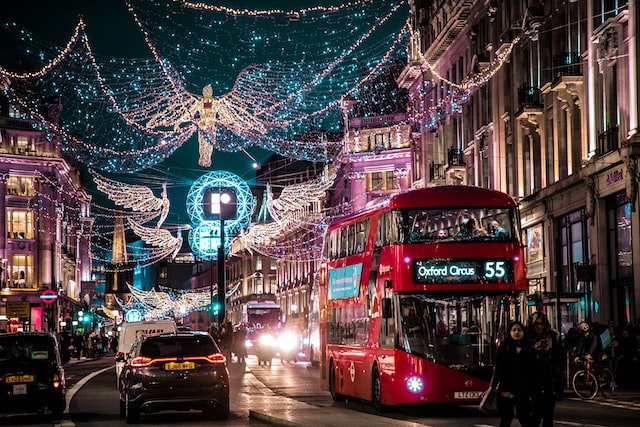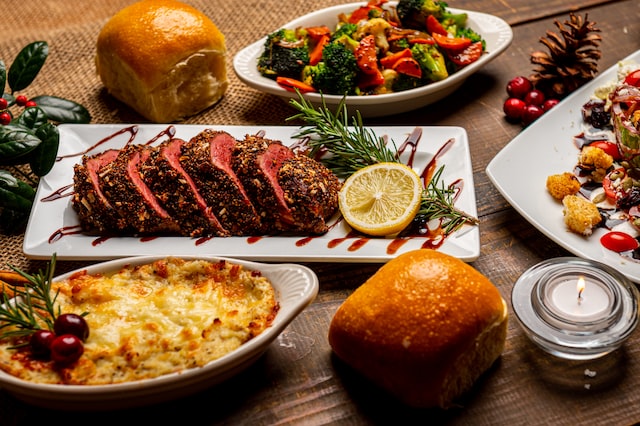It’s the season to be jolly. December is approaching and many of us have begun doing our annual Christmas shopping.
Christmas songs are blasting in the shops and the streets are lit up by trails of fairy lights.
For a lot of Brits, Christmas is the most important holiday of all. It’s a season to celebrate with friends and family, with various traditions such as gift giving, huge Christmas feasts, Christmas decorations, winter activities and more.
While the atmosphere during this time of year is joyous and cheerful, let us not forget the harmful effects it has on the environment.

According to Packaging Online UK, the UK produces over 688,000 tonnes of waste at Christmas every year, making it the most wasteful national celebration followed by Mother’s Day and Valentine’s Day.
Over-consumption and mindless shopping are causing mass pollution and increases our environmental footprint.
So is there a way for us to keep the holiday spirit up without destroying our planet?
The answer is yes. Fortunately, a lot of this holiday waste can be easily prevented.
To begin, we should focus on sustainable materials. When shopping for gifts, look for items with less packaging material or paper packaging only, and don’t buy unnecessary gifts.
Rather than buying copious amounts of wrapping paper each year and throwing it away after Boxing Day, save it and reuse it next year or even replace it with newspaper or magazine pages.

Excess food waste is another huge problem to tackle.
Two million turkeys. Five million Christmas puddings. Over 74 million mince pies… Five gold rings…
Many people feel obligated to have a big traditional feast on Christmas day, but that adds to the 270,000 tonnes of food wasted in the country per year.
Research by the charity Waste and Resources Action Programme (WRAP) shows that 48% of households are throwing away the same amount or more food than they did last year.
This excess scrap food could contribute to more than 25 million tonnes of greenhouse gas emissions.
There are ways to reduce food waste by planning meals carefully and cooking smaller portions. If you do have leftovers, consider freezing them for future meals or donate them to food banks.
Be mindful of your environmental footprint and spend your Christmas this year with your loved ones in a green and sustainable way.

